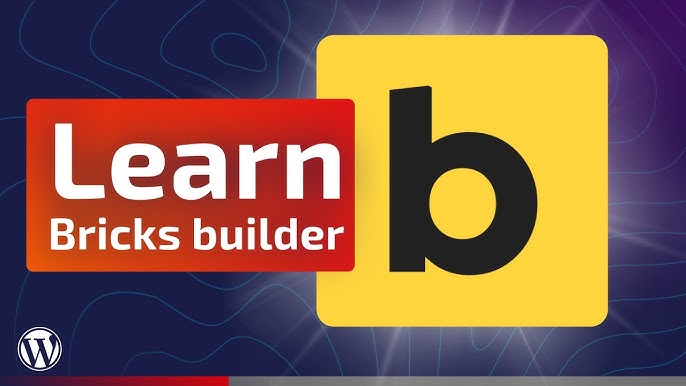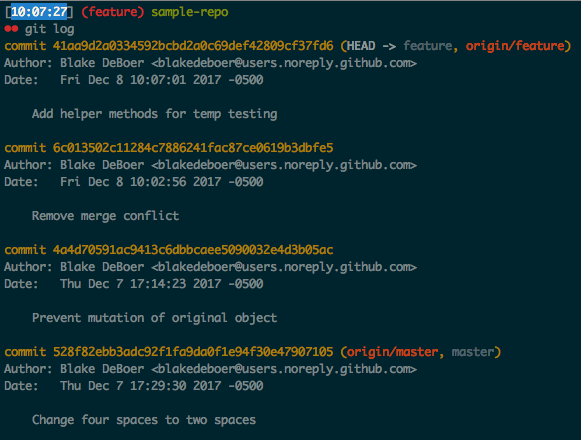Okay, so let’s talk about this “de Boer” thing. I recently had a little adventure with it, and it’s a tale of learning, some frustration, and finally getting somewhere.

It all started when I was trying to learn some new stuff, like many others, I always find some new things to try, you know, just to keep up with the times. I figured, “Why not give programming a shot?” I got myself a Python book, that book with the snake riding a rocket, and dove in. Spent a couple of weeks on it, going through the basics. Got the hang of the simple stuff, felt pretty good.
But here’s the kicker: knowing the basics ain’t enough. It’s like, you can learn all the words in the dictionary, but stringing them together to make a decent sentence? That’s a whole other ball game. I found this out the hard way when I stumbled upon this “de Boer Tool” thing, specifically their WH Drill and WHF Counterbore Tool. It’s supposed to make machining clamping seats for some workholding system easier. Sounds cool, right?
Well, not so fast. I was trying to figure it all out. But I realized that I need to actively program to become proficient at programming. You need to do it every day. So I did all the exercises in the book “Automate The Boring Stuff with Python”. Every single exercise. Set a routine for myself. Stuck to it. And de Boer’s tools? They seemed neat, but without a solid grip on the basics, it was all just a bunch of fancy words and diagrams.
Then, I thought, maybe it’s not just about the tools, but also about understanding the bigger picture. I mean, everyone’s always looking for that magic solution, that one thing that fixes everything instantly, especially in education. But it doesn’t work like that. Same with learning stuff like electronics or figuring out how Medicare works, it looks tough at first, but you gotta break it down.
So, what did I do? I went back to the basics. I realized that mastering the fundamentals is the key. It’s the foundation, you know? I started with focusing on the simple steps, the real basics, not just for programming, but for understanding how things work in general.
And you know what? Slowly but surely, things started to click. Those de Boer tools? They started making sense. I began to see how they fit into the whole machining process. It wasn’t about finding a magic bullet, but about understanding the basic principles, step by step.
Here’s the takeaway from my little adventure:
- Start with the basics: Don’t rush into the complicated stuff. Get a good grip on the fundamentals first.
- Practice makes perfect: Whether it’s programming or anything else, you gotta do it regularly. Make it a habit.
- No easy fixes: There’s no magic solution that will instantly make you an expert. It takes time and effort.
- Understand the big picture: Don’t just focus on the details. Try to see how everything fits together.
So, that’s my story about “de Boer” and what I learned along the way. It wasn’t always easy, but it was definitely worth it. Hope this helps someone out there who’s also trying to learn something new. Just remember, take it slow, focus on the basics, and you’ll get there eventually!













